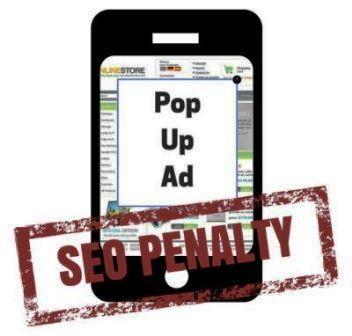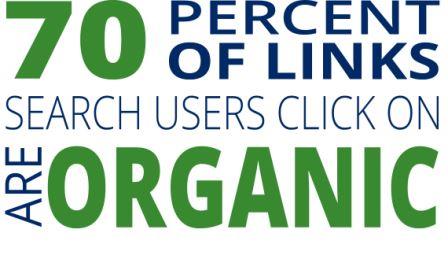Google will be punishing ad pop-ups in three months!
In our last post, we alerted you to the fact that Google is going to be changing how they rank websites that are using intrusive pop-ups and interstitials as of January 10th, 2017.
And where you rank with Google could have a big effect on your business, since we all know that very few people search beyond page 2 or three of Google rankings.
There are benefits of this upcoming punishment. The biggest benefit is that visitors will have easier access to content without dodging forced pop-ups and interstitials distracting and annoying them. As well, there will be no forced subscriptions or accidentally clicking on call to action buttons.
But there’s also a bit of a dilemma. If you show an ad via pop-up or interstitial on a mobile device, odds are your Google ranking will suffer. But if you don’t show an ad, how is your offer going to be found and how will your email subscriber list grow?
Like everything, there is a solution to every problem. Google has green-lighted some popups which will not be considered punishable and, as a result, will not affect your search ranking.
Google Webmaster tools says that interstitials appearing as a result to a legal obligation (such as for cookie usage or age verification) will not trigger a penalty. Additionally, login dialogs on sites where content is not publicly indexable, such as emails or an indexable content behind a pay wall, is also safe. And banners using a reasonable amount of screen space that are easily dismissible will also not be punished.
Also of note, this penalty is applied on a page by page basis, which means that while the page will be demoted in Google search, the entire site will not suffer. Unless, of course, you are running popups on your entire site. If so, you could see a global drop in SERPs, as each could take a small hit.
There are legitimate solutions that will keep your rankings safe while still popping up to offer your products and services and/or to grow your list.
Consider the following alternatives, converting intrusive pop-ups to friendly pop-ups.
1. Hide pop-ups on mobile devices. By using display targeting rules in your pop-up program, you can hide pop-ups and interstitials from mobile devices, showing them only on desktops, avoiding Google’s penalty
2. Change your delivery method. Instead of using pop-ups and interstitial on mobile, use smaller messages such as banners, in lines, or slide ins. Actually, some of these alternatives actually show a better conversion rate as they are smaller and adjust to screen size.
There are lots of providers of pop-up programming available, some paid in some free. Do your research now, find a provider for your business, and be prepared for the changes in January.
Until next time…
Are you ready to grow your business now? If you’re ready to take the next step and make your business more profitable, contact us today.
If you like the information you are receiving, please consider forwarding this post.


